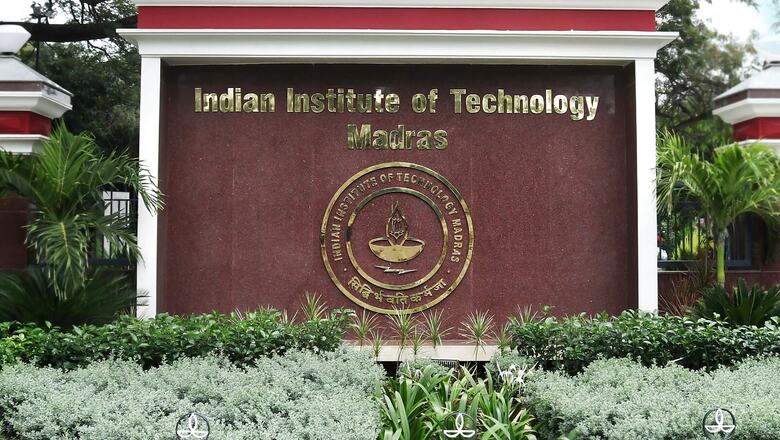
views
Politics is ingrained in Indian society. Be it caste, language or gender, every group aspires political representation and a stake in political power. Political Matrix will focus on these groups and their aspirations in each state of India and decode their electoral choices.
Universities in developing countries have multiple roles – teaching, learning, research and community engagements, as identified by education policy experts.
However, another important role can be added to it – assisting the nation to address developmental challenges.
One of the ways to do it is by producing relevant and impactful knowledge around ongoing development projects and social interventions. To play this role, universities, Indian Institutes of Technology (IIT), Indian Institutes of Management (IIM) and colleges across the country will need to work as a third eye to review and understand the development action initiated and implemented by states and their impact on various segments of society.
DOCUMENTING IMPLEMENTATION
Universities and other higher educational institutions can also be seen as think tanks of developmental action in the country. These think tanks could help the state through research, documentation, policy input and advice in resetting tone and tenure of developmental actions, producing invaluable contextualised knowledge around them and also submit locally relevant recommendations for policy formulation and implementations as suggested by educational policy makers.
Higher education institutions can also document ongoing developmental and policy implementations in their own areas, archive them and, in the process, create a primary data base centred on social impact of various public policies and government schemes in India.
Many eminent universities of the world such as University of Cambridge, University of Oxford and those located in post-colonial Africa are already responding to this very requirement of nation-building.
In a vast country like India, where many development schemes are being run by the Central and state governments, the vibrancy of development action can’t be documented without the contribution of universities and colleges.
It is true that a few higher educational institutions are engaged in such research activities, but others need to orient in that direction.
‘NEW INDIA’
In the post 90s India, a new notion of development has emerged. The introduction of liberal economy has changed our society drastically, but we don’t have vivid documentation of these changes in the domain of knowledge.
After 2014, under the leadership of PM Narendra Modi, a new aspirational India is taking shape, but we have not yet started systematic documentation of the making of ‘New India’, as explained by the Bharatiya Janata Party-led National Democratic Alliance (NDA) government.
In just a few years, the government led thousands of development schemes, including infrastructure projects, Garib Kalyan schemes, Ujjwala, distribution of free ration, pension, various capacity building, schemes around culture and tourism, creating a deep social impact by impacting a huge group of beneficiaries.
During elections, we see their electoral impact, discuss them in media debates and news shows, but we don’t have substantial data, research, documentation and publication around the ongoing processes.
The universities and colleges may contribute in a big way to bridge this gap. They can work as agencies in this developmental journey of the nation, researching, evaluating, monitoring and documenting the long overdue history of development.
To achieve this, universities and other higher education institutions need to reinvent themselves, find new meaning in their existential identity and go closer to the social communities.
Recently, PM Modi showed a similar concern while giving insights on the implementation of the new education policy in India.
An Indian Express report said that the Ministry of Education, under the leadership of Dharmendra Pradhan, will evolve a knowledge mission to produce intellectual heritage around developmental initiatives and their implementation in India. This mission may orient Indian universities public or private to evolve themselves as think tanks of ongoing developmental initiatives in India.
Hopefully, this knowledge around development may give new resources, ideas and insights for research on campuses.
You can read all the articles in the Political Matrix series here
Badri Narayan is Professor and Director at GB Pant Social Science Institute, Prayagraj, and author of ‘Republic of Hindutva’. The views expressed in this article are those of the author and do not represent the stand of this publication.
Read the Latest News and Breaking News here
















Comments
0 comment